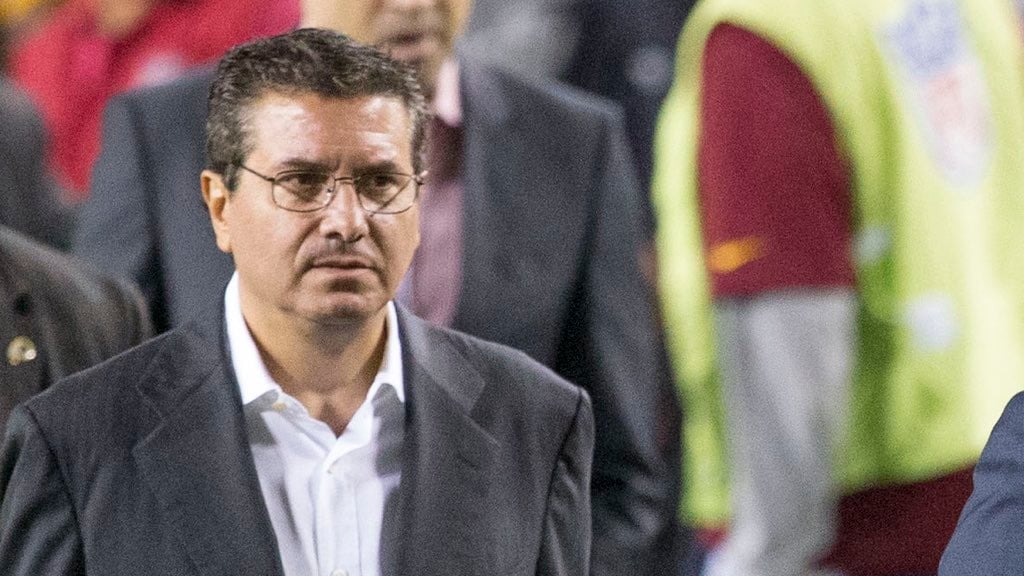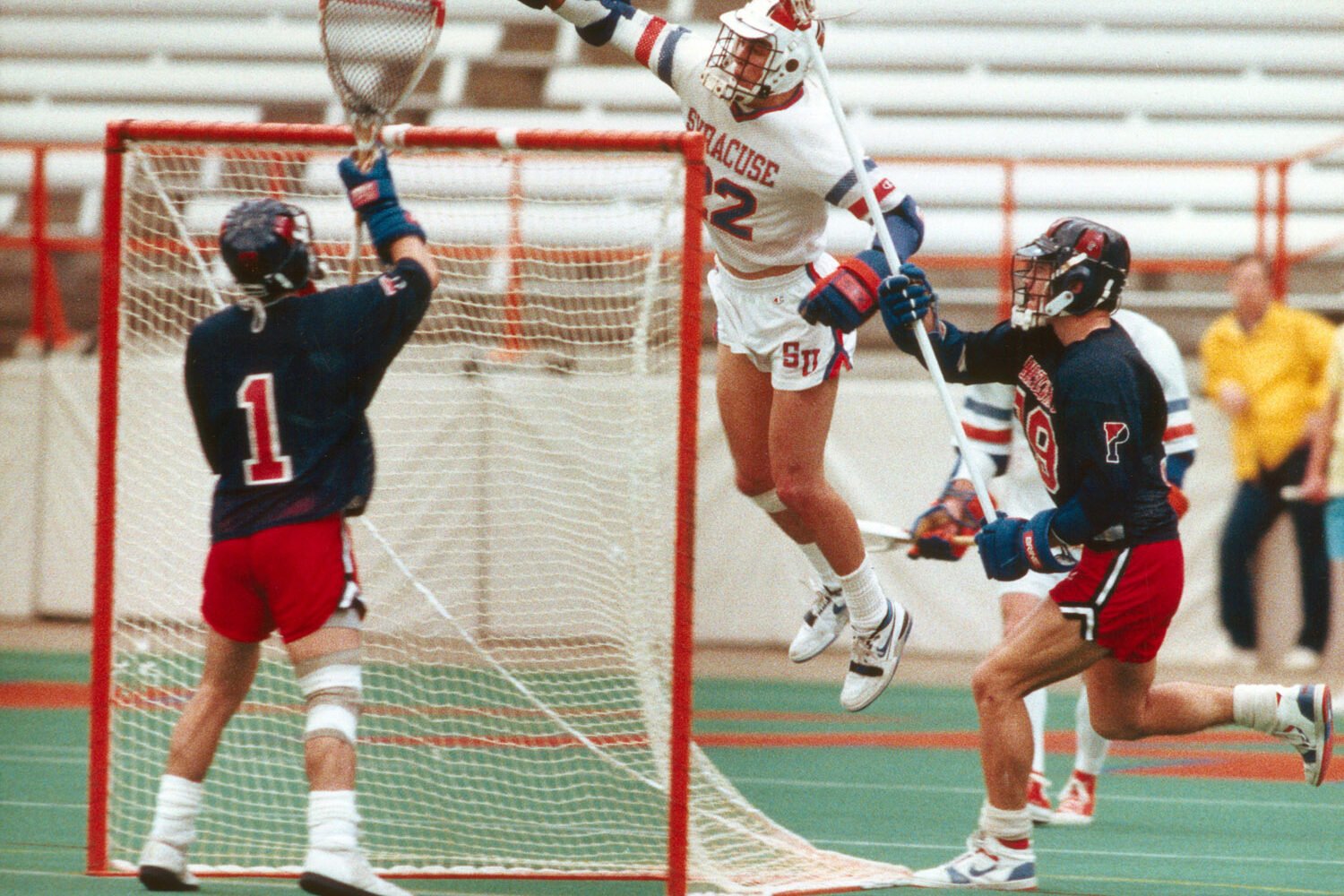During the two decades that Dan Snyder has owned Washington’s NFL team, local sports fans have grown accustomed to chaos, controversy, and disappointment. But the events of this summer have made clear that this once-proud franchise is even more dysfunctional than we imagined. In July, the team relented to years of pressure and announced it would change its name. Days later, the Washington Post published a report in which 15 women alleged that they were sexual harassed while working for the team. When the Post made the team aware of its findings, three employees who were accused of improper behavior left the club. The team hired an attorney to conduct an investigation into the organization, and Snyder promised to create “a new culture and standard for our team.” In a subsequent article, the Post published allegations tying Snyder himself to workplace sexual harassment. Snyder denied his involvement in the incidents that the Post described. The NFL has since assumed control of the investigation into the organization.
The alarming allegations have rekindled the question that Washington sports fans have been asking one another for years: Is there any way to get rid of Dan Snyder as owner? The answer, according to Mark Leibovich, the chief national correspondent for The New York Times Magazine and the author of Big Game: The NFL in Dangerous Times, is a cautious yes. “If you are a Washington football fan,” Leibovich says, “you can be at once horrified by what you’re learning about your team and quite hopeful that it could result in something that makes your team a whole lot more likable.” I spoke with Leibovich about the possibility of Snyder’s ouster and what mechanism that NFL could use to get rid of him.
Is there a mechanism for the NFL to remove an owner?
The answer is yes. And here’s what I would say about that. Two things by way of general dynamics here. One is that the commissioner himself has a fair amount of discretion on this, certainly as far as discipline goes. And sometimes discipline can be basically the death penalty—not the literal death penalty, but you can lose control of your team. And the other part is the consensus or good will or the politics of the other owners. If you look at situations where owners have been disciplined, it’s basically been the commissioner with the support of the other owners driving it. But in order for those mechanisms to kick in, to actually remove a team from an owner, you need a reason.
Do you think the current sexual harassment allegations would be a sufficient reason for the NFL to oust Snyder?
So here’s the precedent where owners have lost teams. One is Jerry Richardson in Carolina. That’s the biggest, I think most germane example. He was a very powerful owner—the founder of the Carolina Panthers, quite powerful, strong personality within the ownership ranks. He was a pretty controversial figure. He fell out with a lot of his fellow owners around the move—he supported the ownership group that didn’t get the team to LA. And he went from being a very powerful figure to someone who stopped going to owners meetings. He was sort of a persona non grata. And then Sports Illustrated wrote a pretty damning investigative piece about his behavior with women in the office. And a whole litany of examples, not unlike the Washington Post pieces involving Snyder. And that led to the forced selling of the team. So Jerry Richardson, he just basically lost the team. The mechanism was discipline. And the fact that Richardson himself has lost a lot of the goodwill he had before by way of his own sort of political battles with these other owners.
How does that play into the Snyder situation?
So I’ll tell you this about Snyder. The league would love an excuse to get rid of him. They have been looking for one for many, many years. They never loved the Redskins name situation at all. They thought it was a really bad look to have such a diminished asset in the nation’s capital, which has been a very, very powerful market for the NFL for many years. And here’s what Snyder had going for him until a couple of years ago: He made a lot of money. And the team made a lot of money. He made a lot of money for the league. He was an extremely good businessman. He was always top five in team revenue. He squeezed a whole lot of revenue out of a really bad stadium deal and a diminishing brand and a team that really didn’t win much. But he still managed to do that.
The owners have never liked him—with one exception. [Dallas Cowboys owner] Jerry Jones has always been a huge supporter of Dan Snyder. It’s been a mystery to everyone. And so now, if you are a fan of this team, you’re reading these Washington Post articles. It’s a double-edged sword. On one hand, you can be utterly revolted by what you’re learning about the team that you root for, and have rooted for your whole life. And on the other hand, what you are reading is ostensibly a justification to get a better owner. This could be basically an opening for the league to really move on Snyder.
So then the question for NFL Commissioner Roger Goodell is: Is the sexual harassment scandal serious enough to justify ousting Snyder?
Here’s why I think it is. One, I’m sure Goodell is not a huge fan of Snyder at all. Because he had a huge battle with Jerry Jones a couple of years ago around a couple of things, and Snyder was the only guy who sort of jumped with [to support Jones]. So Goodell doesn’t love Snyder. The other thing is Goodell seems to be a going through a period of, I would say, accentuated wokeness, which seems somewhat sincere if you sort of listen to his public comments around Black Lives Matter, around sexual harassment in general. Women are an incredibly important fan group. That’s where a lot of the growth is. His wife, Roger’s wife, is extremely active in that. There are more women owners now than there were a few years ago, by virtue of the fact that there are some heiresses. It’s not like it’s anything but a boys club. You have a lot of these old white conservative owners who have died in the past few years and they have been inherited by their daughters. So again, part of it is politics, part of it is PR, part of it is him playing catchup because it hasn’t been a terribly well run league in a long time. He does seem to be much more included to move, to sort of keep up with the NBA a little bit.
So Snyder’s in real danger of losing the team here?
Absolutely. There’s no question he’s in real danger. A lot of it depends on what this investigation finds, but it can’t imagine it’s going to find anything good. But think about it. A new owner for the Washington football team would theoretically make a whole lot of money for the league. Because, one, whoever comes in is going to be drowning in fairy dust—the most beloved person in Washington and in the National Football League. You can get a stadium in DC pretty easily. The name is not an issue anymore. There’s just a lot of good that can come from the new owner. And there’s a lot of potential that you can squeeze out of the market.
What do you think the odds are that Snyder loses ownership of the team?
I would say half.
Really? 50-50?
Yeah. No question. Again, it would be one thing if the crown jewel franchise of the league had an owner who got in a little bit of trouble. Maybe you’d be looking at a suspension or something. But no.
So Snyder is weak right now politically?
Oh there’s no question. He’s totally weak politically. So, again, I think Goodell would drive it, but I don’t think there’d be a lot of owners running to his defense.


![Luke 008[2]-1 - Washingtonian](https://www.washingtonian.com/wp-content/uploads/2017/10/Luke-0082-1-e1509126354184.jpg)

















